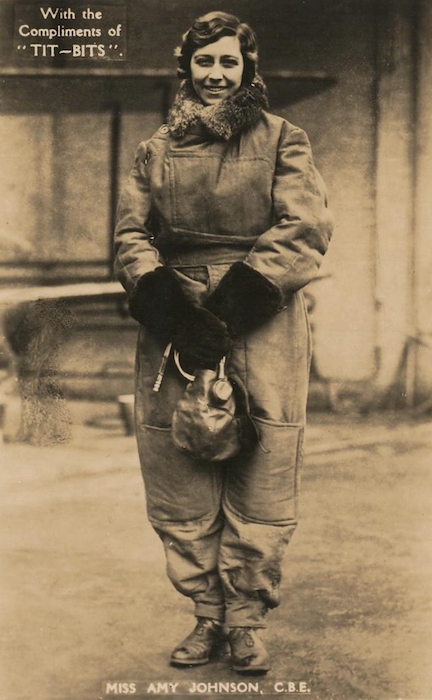
Things have been a bit quiet here lately, which I hope will change soon. But I haven't been entirely inactive in blogging terms: I've written a guest post on the construction of authority in early British aviation for the German Historical Institute's History of Knowledge blog. The history of knowledge is a newish historiographical endeavour, which falls somewhere in between, as well as across, more familiar areas like the history of ideas, the history of science, the history of books, and so on. As explained at History of Knowledge itself:
Knowledge does not simply exist, awaiting discovery and use. Knowledge is produced, adapted, forgotten, rejected, superseded, expanded, reconfigured, and more—always by human beings (at least in this more-or-less pre-AI age), alone or in communities, always in culturally, socially, economically, and institutionally specific contexts.
Knowledge is central to most purposeful human practices, whether at work, in the family, or for worship, whether implicitly or explicitly, whether passed down by hands-on training or through books and other storage and retrieval systems. Both product and basis of human interactions, knowledge has a history. Indeed, human history cannot be understood apart from the history of knowledge.
Writing the post gave me the chance to put together a few ideas I had about how and why certain people -- I mostly discuss S. F. Cody, along with Hiram Maxim, Baden Baden-Powell, Claude Grahame-White, P. R. C. Groves, Amy Johnson and H. G. Wells -- gained the status of aviation experts in the public sphere. It didn't always have much to do with actual flying ability or even experience; it was in least part socially and culturally constructed. Much more could of course be said about the topic, but for the moment you can head on over to History of Knowledge to read my post.
Thanks to Mark Stoneman for the invitation!
Image source: Wikimedia Commons.
![]() This work is licensed under a Creative Commons Attribution-NonCommercial-NoDerivatives 4.0 International License.
Permissions beyond the scope of this license may be available at http://airminded.org/copyright/.
This work is licensed under a Creative Commons Attribution-NonCommercial-NoDerivatives 4.0 International License.
Permissions beyond the scope of this license may be available at http://airminded.org/copyright/.
